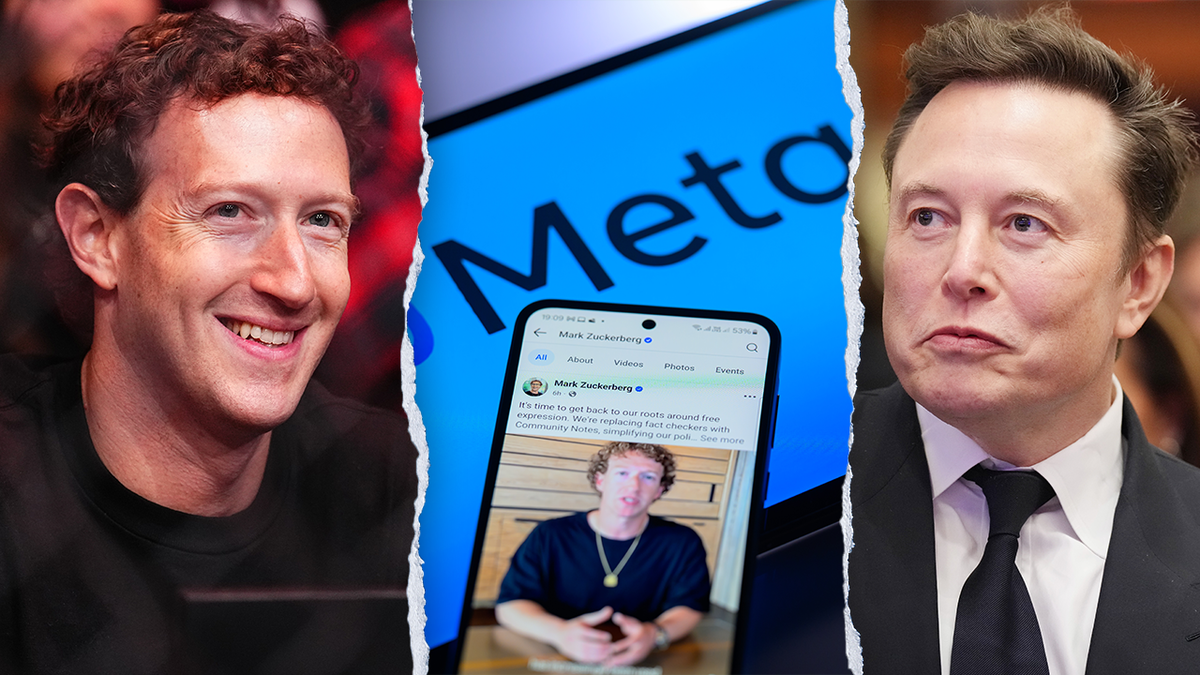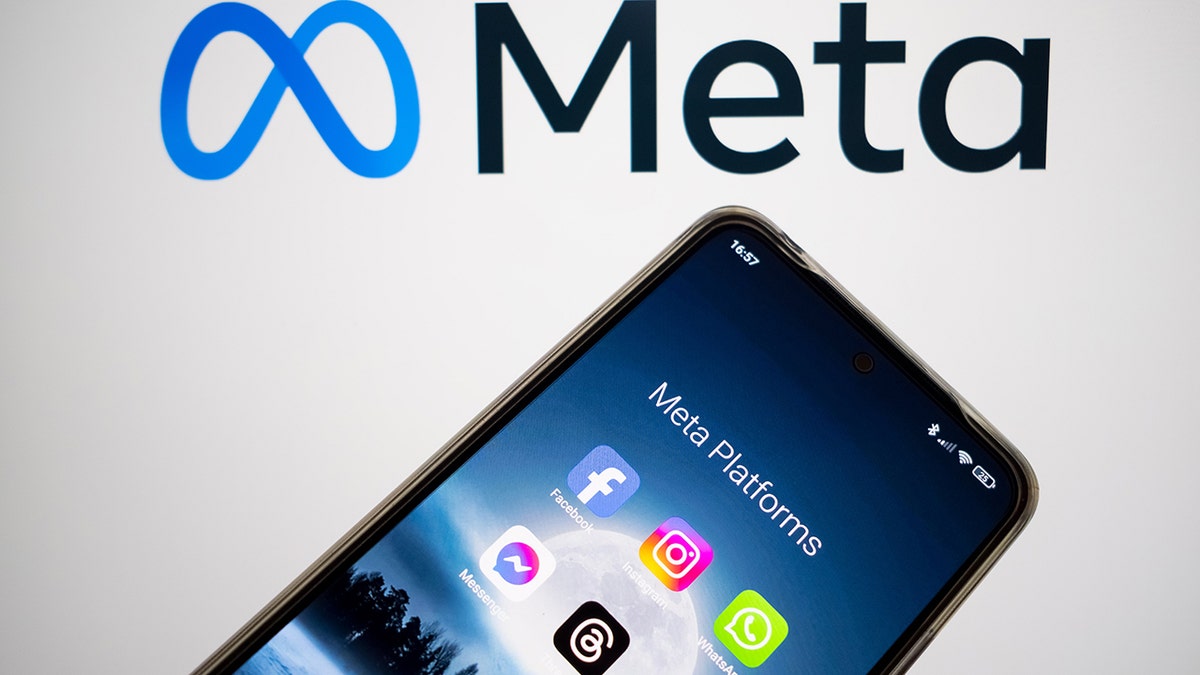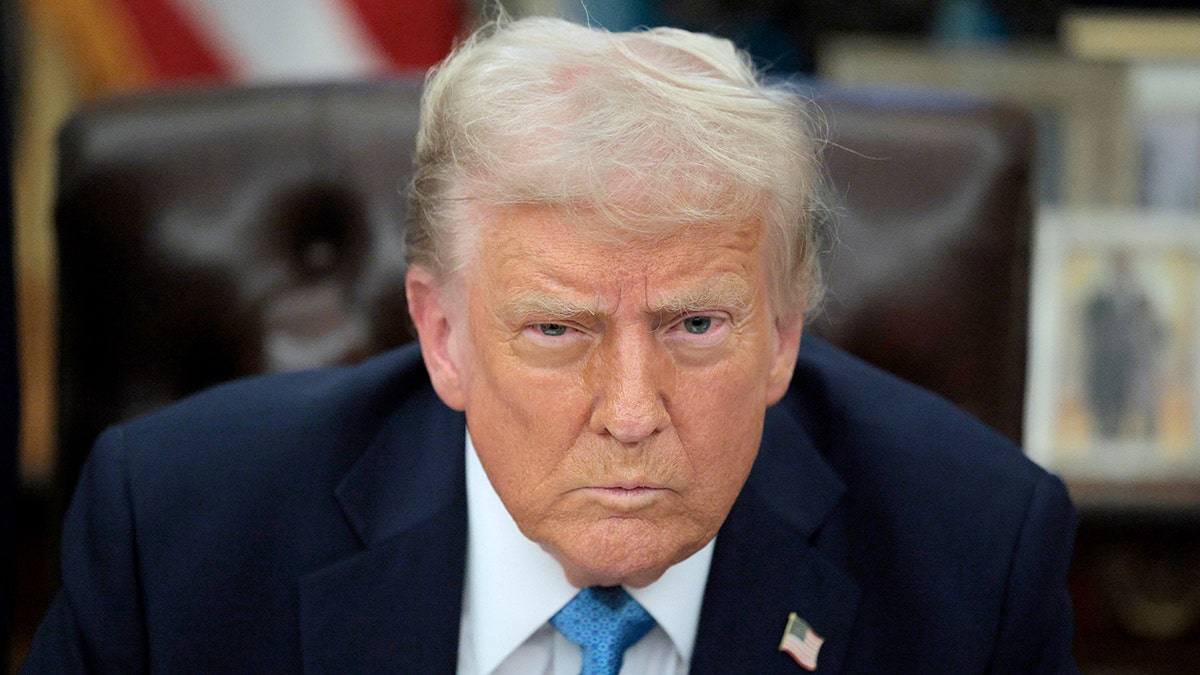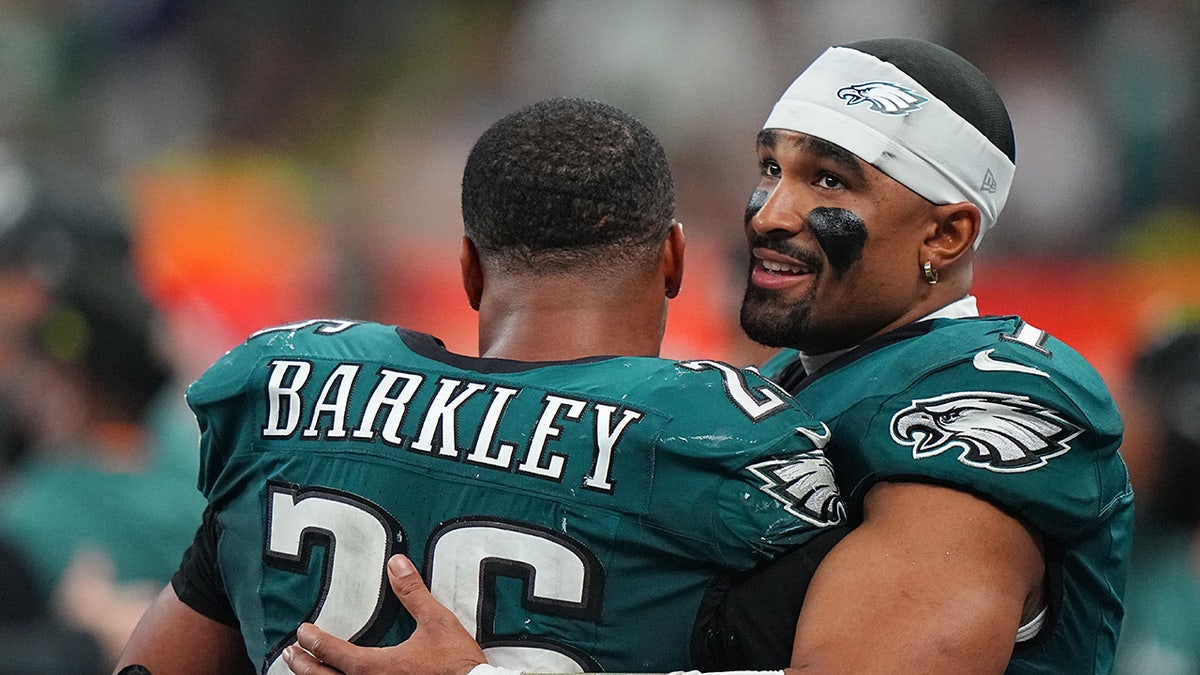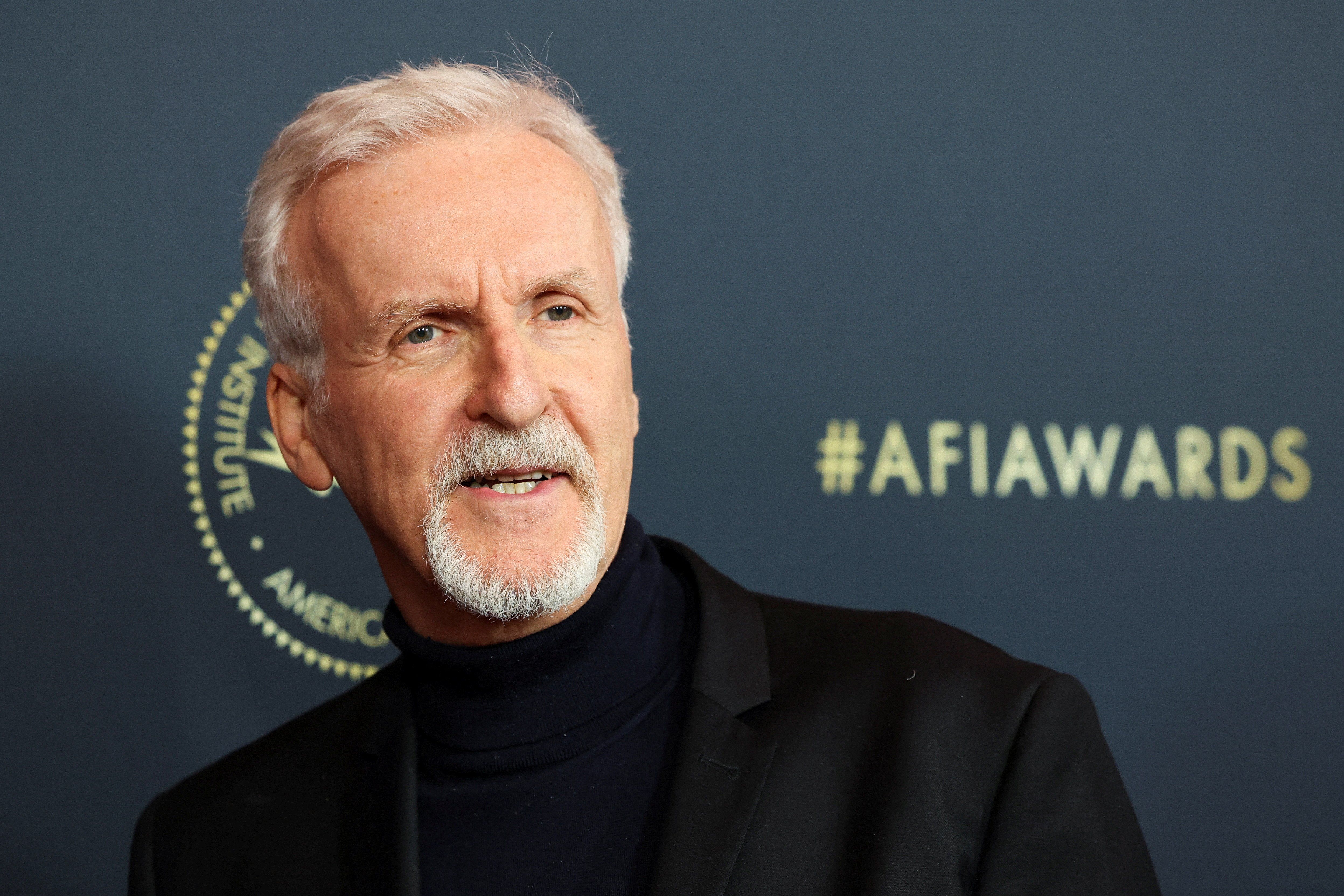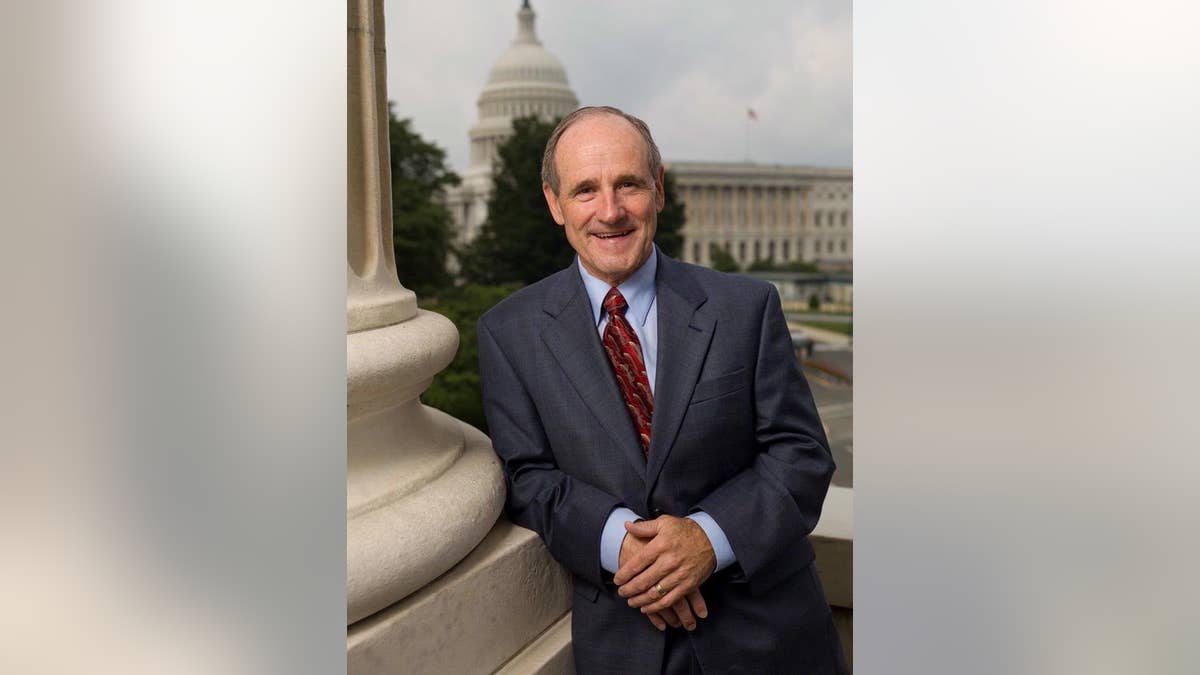Meta's recent decision to end its fact-checking program has sent ripples through the industry, impacting fact-checking organizations and sparking debate about online information control. The move, announced in early January 2025, aims to promote "free expression" across Meta's platforms, including Facebook and Instagram, and transitions toward a system resembling X's Community Notes. This unexpected shift has left some fact-checking organizations scrambling to adjust.
Check Your Fact's managing editor, Jesse Stiller, expressed surprise and concern about the future, telling Fox News Digital that the decision came as a "blindside" and that the organization's future is uncertain. The move represents a significant financial blow to many fact-checking groups, who previously relied on Meta for a substantial portion of their revenue.
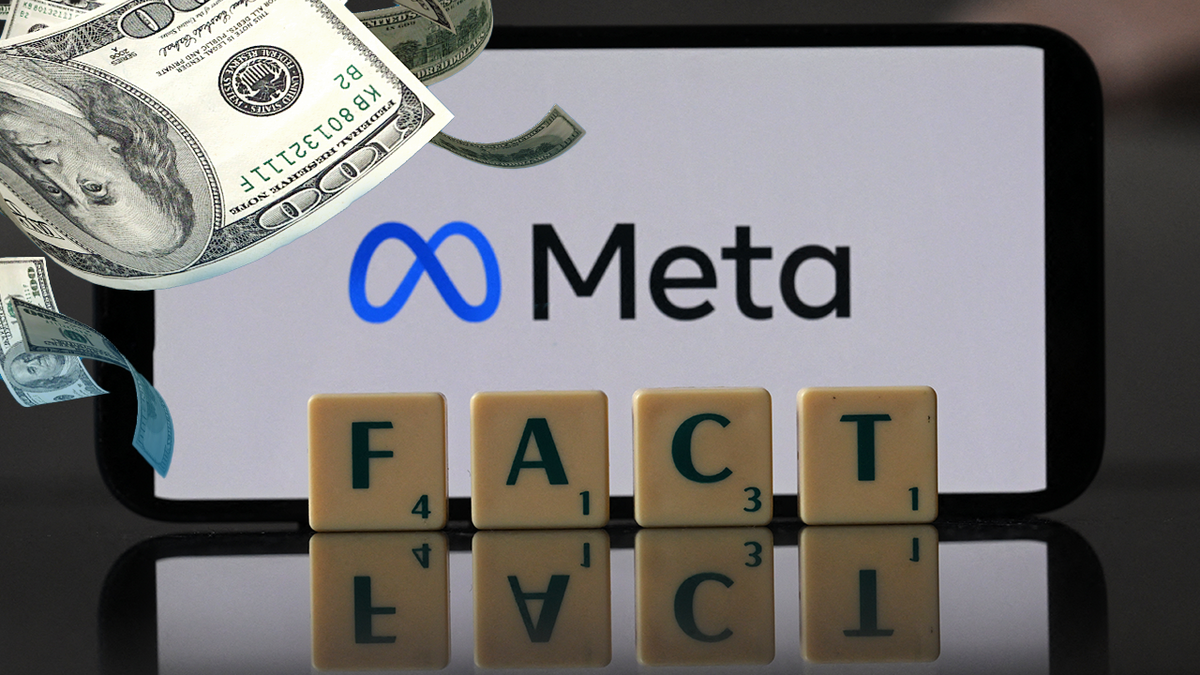
This decision marks a significant shift from Meta's prior stance of supporting a long-term independent fact-checking industry. The company had previously invested heavily in these programs, boasting the "largest global fact-checking network" and contributing over $100 million since 2016. These investments included a $1 million grant program with the International Fact-Checking Network (IFCN) for COVID-19 misinformation and a subsequent grant for combating climate misinformation. Meta also funded efforts to promote reliable information during elections in several countries.
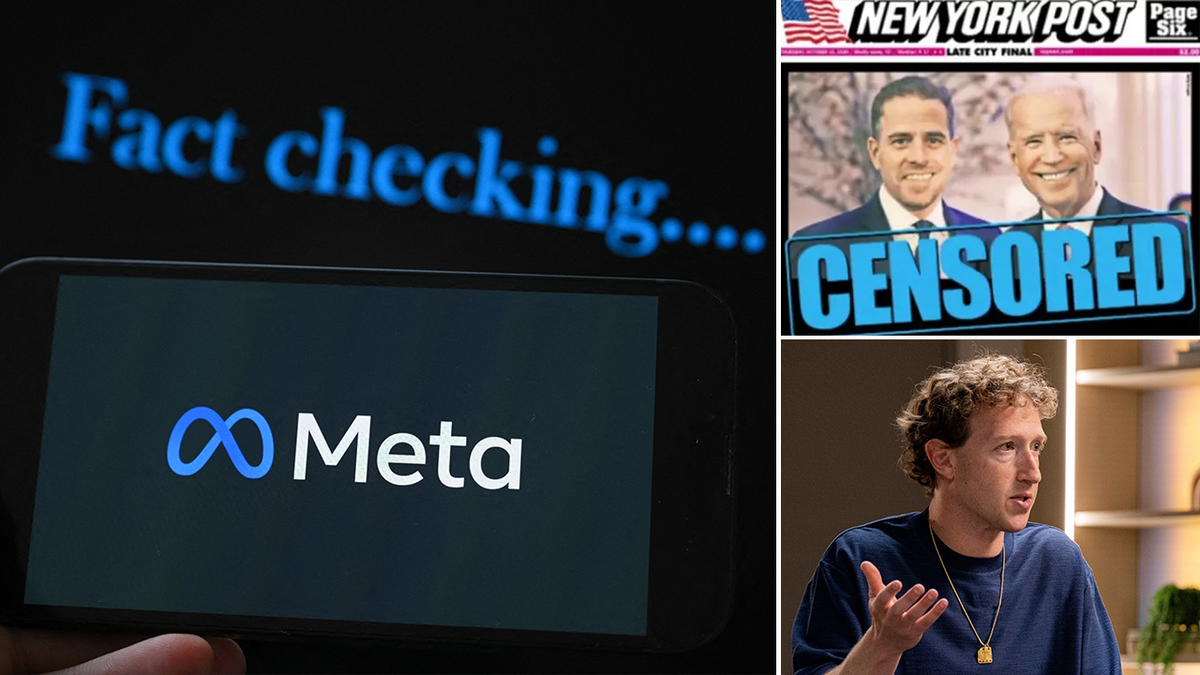
Meta's Global Affairs Officer, Joel Kaplan, justified the decision by citing concerns about political bias in fact-checking selections. This assertion has drawn criticism from several fact-checking organizations, including PolitiFact, whose parent company, the Poynter Institute, called the move a "disappointing cop-out." Lead Stories, another affected organization, revealed that Meta had been its primary client until recently signing a new contract with TikTok's parent company, Bytedance. The loss of Meta's funding will necessitate staffing reductions, according to Lead Stories co-founder Alan Duke.

Kristin Roberts, chief content officer of Gannett Media (USA Today's parent company), emphasized USA Today's commitment to fact-based journalism and providing unbiased content. While several other fact-checking organizations did not respond to requests for comment, Reuters declined to comment. The long-term implications of Meta's decision on the fact-checking landscape and the spread of information online remain to be seen.
